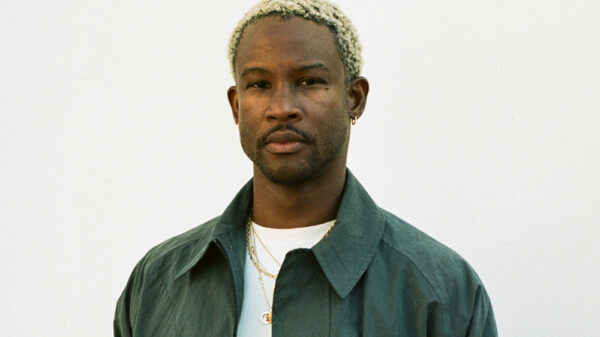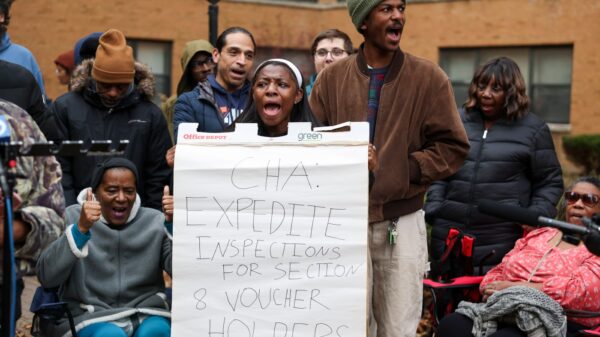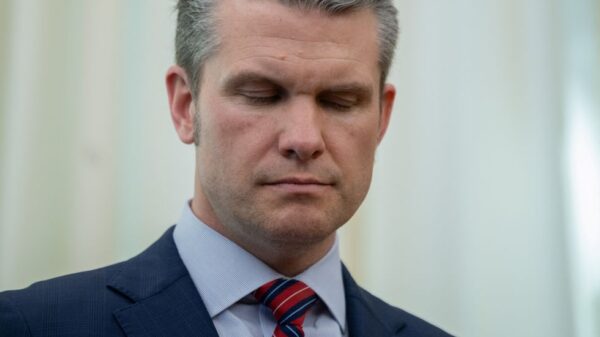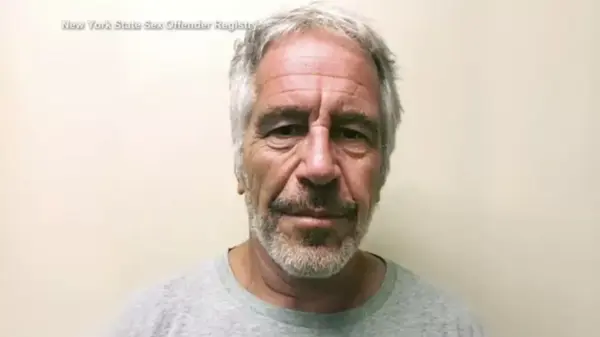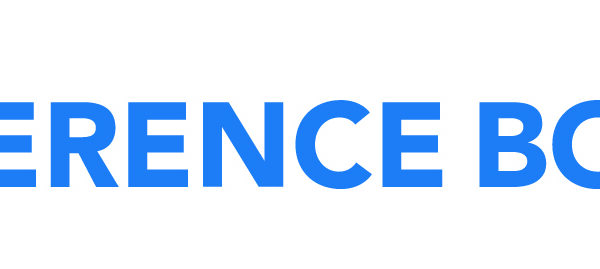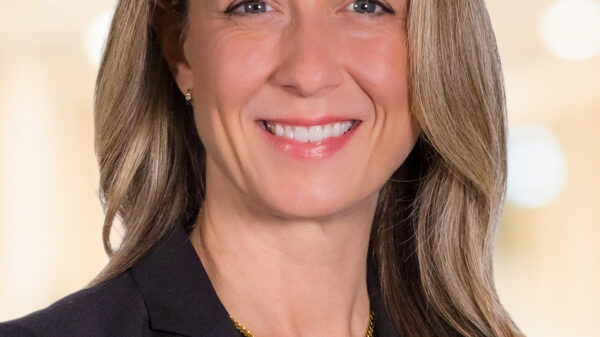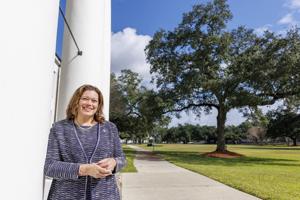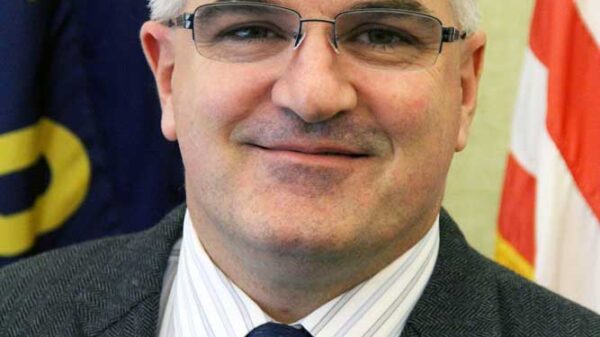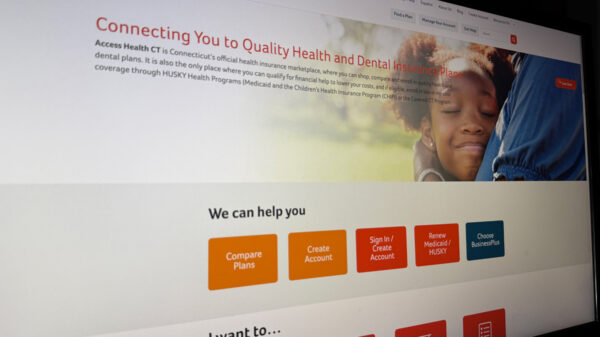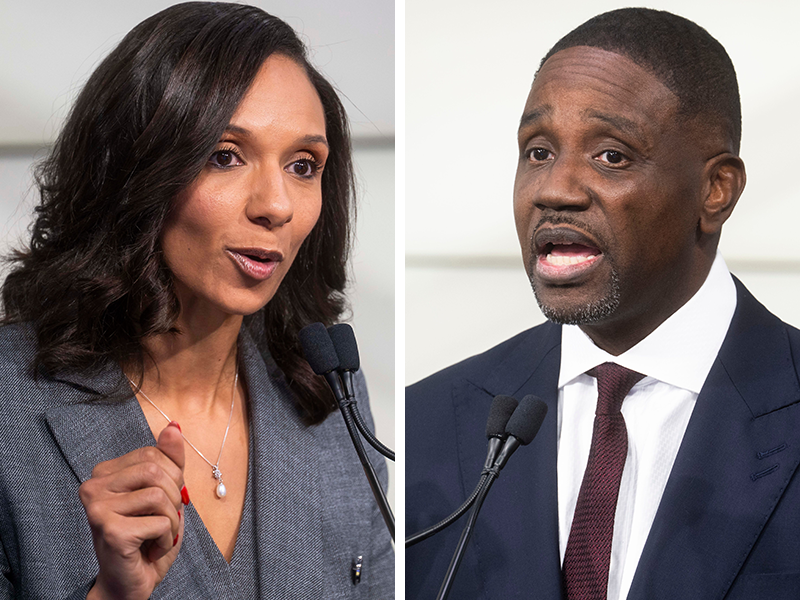As Detroit prepares for a pivotal mayoral election this November, candidates are focusing on the city’s vast education systems and how they can enhance opportunities for its youth. The two leading candidates, Mary Sheffield and Solomon Kinloch Jr., have both committed to prioritizing education reforms that will connect the city’s school district with broader community initiatives.
According to census data, nearly 160,000 residents in Detroit are under the age of 18. While these children cannot vote, the incoming mayor’s policies will significantly impact their educational landscape. Leaders in the education sector are advocating for a multifaceted approach that includes improving early childhood education, enhancing city infrastructure, and increasing overall funding for educational initiatives.
Enhancing Early Childhood Education
Advocates for early childhood education emphasize the necessity of investing in programs that cater to children from birth. These investments should focus on expanding access to affordable child care, particularly for infants and toddlers. Nicole McKinney, executive vice president of the Centers for Family Development, Inc., highlighted the urgent need for Detroit to address low proficiency rates in reading and math among third and eighth graders. She stated, “The benefits of early education and care are significant and particularly poignant in a city where the proficiency of students in reading and math at third grade and eighth grade assessments are persistently abysmal.”
While the mayor does not directly control funding for the Detroit Public Schools Community District (DPSCD), education leaders assert that the mayor can influence policy changes at the state level and strengthen partnerships between the city and schools. Niki Beebani, interim executive director of Boldlii, emphasized that improving education involves addressing systemic issues such as poverty, transportation, safety, housing, and health.
Candidate Proposals for Education Reform
Both Sheffield and Kinloch have articulated their visions for educational improvements. Sheffield plans to forge closer ties with the DPSCD by allocating “significant resources” to improve infrastructure and advocating for increased funding for out-of-school programs. Kinloch asserts that the mayor must take an active role in education, addressing the lack of support services in Detroit communities, such as Wi-Fi access and parental engagement opportunities.
Sheffield and Kinloch both aim to align their early childhood strategies with the Hope Starts Here framework, which is a citywide initiative established in 2016 to enhance Detroit’s early childhood system. Sheffield intends to advocate for additional state funding while establishing an “Office of Early Learning” to direct coordinated efforts and creating “Opportunity and Empowerment Hubs” in neighborhoods. Kinloch plans to propose a Children’s Trust Fund, which would provide financial resources for children as they transition into adulthood.
Educational leaders have pointed out that Detroit’s education system is fragmented, with 181 public schools overseen by 56 different boards. This complexity emphasizes the need for a unified approach to education policy, which the next mayor will need to address.
Advocacy for Increased Funding
Many local organizations and leaders are urging the next mayor to advocate for increased funding to address educational disparities. Nikolai Vitti, superintendent of the DPSCD, stated that the mayor should lobby for equitable funding for public schools and require school board approval for tax exemptions that could benefit school facilities.
Advocates from Project LAUNCH, a citywide initiative focused on child wellness, suggest that businesses could receive tax incentives for supporting child care. Danielle Atkinson, founder of Mothering Justice, pointed to the 2022 CHIPS and Science Act as a model for tying child care incentives to public funding, creating a more family-friendly environment in Detroit.
To further support youth, the next mayor should focus on improving connections among Detroit’s various educational systems, including public schools, charter schools, and community organizations. Angelique Power, president and CEO of The Skillman Foundation, referred to the need for better coordination, stating, “Trust, coordination, and consistent leadership matter — Detroit has had too many fragmented efforts.”
In addition, advocates stress the importance of enhancing resources for high school students, emphasizing diversified diploma pathways and career exploration opportunities to prepare them for life after graduation.
As Detroit approaches its election, education advocates are hopeful that the next mayor will understand the multifaceted nature of educational success, recognizing the need for systemic change that encompasses more than just school policies. By prioritizing early childhood education, advocating for funding, and improving city infrastructure, the future mayor can lay the groundwork for a stronger educational framework that benefits all Detroit youth.


